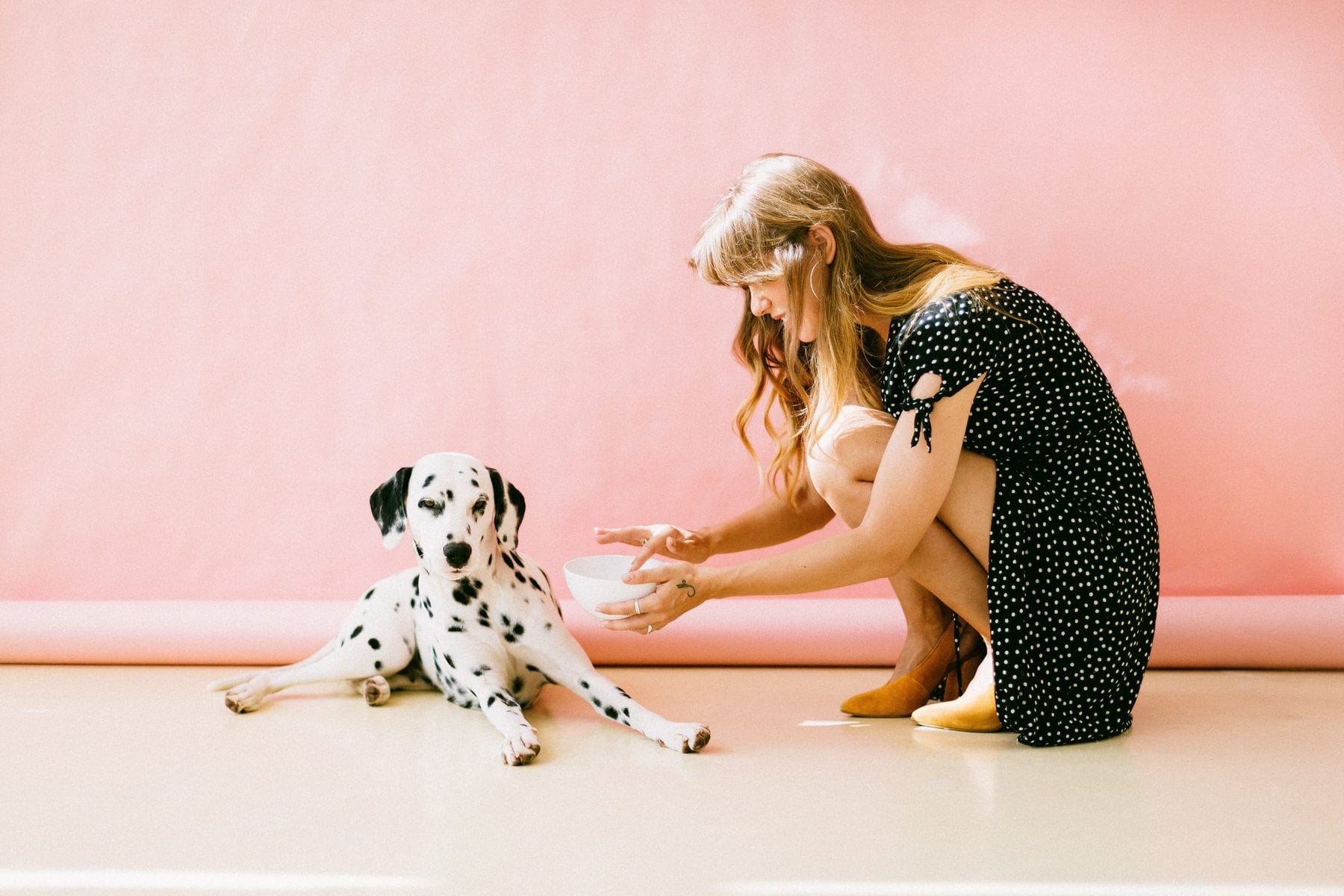As a landlord who owns various homes or apartments, one of the biggest questions for you will likely receive involves what pets you allow in your rental properties. Even as more and more people are choosing to rent rather than purchase homes, pets are still a very important part of their daily lives. In fact, many people consider their pets to be members of their family. If you are a landlord who gets asked by one potential tenant after another if pets are allowed, here are some common house pets that you may want to consider allowing in your rental units.
Cats
If you love cats, you are not alone, but that doesn’t mean you want an animal living in your rental. According to the latest data from the American Pet Products Association, there are more than 94 million cats currently owned as pets in the United States. There are several reasons cats make great pets in rentals. To begin with, cats are very content living indoors and sleep an average of 16-18 hours each day. However, they can also cause a significant amount of damage to both carpets and furniture with their scratching and urine. Unless you know your tenants well and they have solid rental references, it might be best not to allow felines in your rentals.
Dogs
Though dogs will need to go outside to get some exercise and when nature calls, they can make excellent pets for rentals. In many cases, it is wise to place size, weight, or breed restrictions on dogs to ensure both the safety of your tenants, compliance with your insurance, and to reduce damage to your property.
Before making a final decision about allowing a dog into your property, consider meeting the animal and observing it’s temperament. Work with your tenants to find common ground, this may include an additional pet deposit and monthly pet fee.
Reptiles
While not everyone’s idea of the perfect pet, various types of reptiles can be ideal companions in rental property. Whether it is a lizard such as a bearded dragon or a garter snake, Reptiles make great rental pets. Reptiles are quiet, stay in enclosed spaces most of the time, and can be left alone for long periods of time. However, it is best to make ensure any snakes or other creatures brought into the rental are not poisonous since this could present liability issues should something go wrong.
Fish
Believe it or not, the number of fish that are kept as pets almost outnumbers the combined total of cats and dogs in the United States. In fact, there are more than 158 million pet fish in the United States. For many landlords, fish are considered the ideal pets to have in rentals. Small, quiet, and doing little else but swimming back and forth inside their aquariums day after day, fish pose few if any problems for landlords and tenants. Thus, if you have a potential tenant who wants to bring a fish along with them, chances are everything will be just fine.
Birds
Whether it is a small bird like a parakeet or finch or something larger like a parrot or cockatoo, birds can generally also do well in rentals. However, most birds are social animals and can become very loud, bothering other tenants nearby. Large birds can be very destructive to moldings and furniture if left unattended. Just as you’ll want to know the breed of a dog living in your house, you’ll want to ask the same for birds. Consider only allowing birds in stand-alone units or you may want to be prepared to deal with an occasional squabble between tenants over a feathered friend who may be a bit too talkative.
Rodents
While most landlords never want to see rodents around their property, you may make an exception if the rodents in question are owned by tenants. From guinea pigs and mice to rats and hamsters, rodents are actually very good pets for rentals. Small and generally quiet, they are content to play in their cages and be left alone during the day. As for any issues, the biggest may be a bit of a smell due to dirty cages, or an occasional escaped pet.
Should you allow pets in your rentals? By considering pets on a case-by-case basis, you’ll show your tenants that you care about their well-being and that you are willing to compromise, even if the initial answer is no. If you decide not to allow a pet in your property, be firm and state what the consequences are for tenants who break the rules of the lease.










